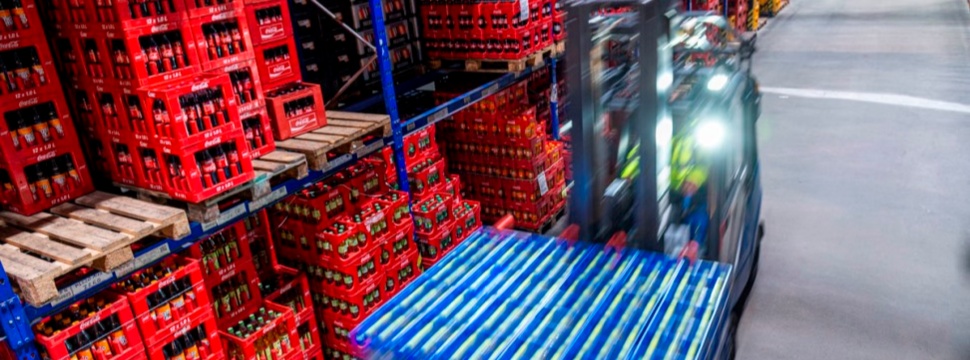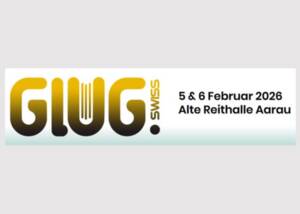BV GFGH: Economic situation better than widely expected
News General news
Within the framework of a comprehensive economic survey among the member companies of the BV GFGH, corresponding data for the years 2022/2023 have now been collected.

Around three quarters of respondents with satisfactory to good results
Almost 58 percent of the companies rated the business situation in the past year 2022 as good. For 28.3 percent of the companies it was satisfactory and only just under 13 percent of the beverage wholesalers had to cope with a poor business situation.
When looking at the earnings situation of the companies, the difficult framework conditions hit harder. Here, 40 percent of the companies still rate their earnings situation as good. 34.3 percent are satisfied with the 2022 business year and just under 24 percent rate it as poor.
Optimism prevails
Looking to the future, optimism prevails despite persistent inflation and increasing uncertainty - especially on the part of the end consumer. Almost 56 percent of the companies expect business development and earnings to remain the same or improve in 2023. In contrast, 45.5 percent fear a worse business development for the current business year. Almost 42 percent expect a worse earnings situation in the current year.
Investments still on the agenda
Although the companies in the beverage wholesale and retail trade have been considerably burdened in recent months by cumulative cost-increasing factors - key words: energy prices, tolls, diesel prices, wage costs, etc. - and have lost a massive amount of liquidity as a result, only 27 percent of the companies surveyed are putting the brakes on investments in 2023 and cutting back on their financial commitment compared to the previous year. A good 48 percent of the companies started the new year with unchanged investment plans. About 22 percent of those surveyed will increase their commitment compared to 2022 - certainly also driven by procurement costs, some of which have risen considerably. The investment mood in the industry can thus definitely be described as good.
And yet a clear political signal is urgently needed: The reduction of the tax burden on companies must be tackled. SMEs in particular need greater fiscal leeway in order to be able to meet the challenges of the transformation to a sustainable and CO2-free economy.
Employment situation tense
The situation on the labour market is causing beverage wholesalers increasing concern. The shortage of labour and skilled workers is more than noticeable. In the past year as well as at present, this has led not only to vacancies in various areas of the beverage wholesale and retail trade, but also to orders that cannot be fulfilled or even have to be cancelled. The lack of workers is leading to a loss of turnover and earnings. In this respect, it is a ray of hope that in 2022 almost 60 percent of the companies were able to keep the number of employees unchanged. For the next six months, 70 percent of the companies expect the number of employees to remain unchanged. About 18 percent of the companies have vacancies and are looking for new employees.
A similar picture emerges for the development of training places in 2023: More than 75 percent of the companies are offering an unchanged number of training places for the new training year and about 12 percent will even expand the number of training places on offer. Well aware that in the "war of talent" in 2023 it will take more than "just" offering a good and secure training place.
This is also reflected in the fact that companies have changed their willingness to actively offer and expand mobile working - in areas where it is possible. For a good 50 percent of companies, the possibility of mobile working is now part of everyday life, and this in organisational structures that are predominantly medium-sized.
Here, too, reliable and clear framework conditions are needed so that companies can live up to their responsibility for their employees. What is not needed, however, is over-regulation, which hinders and slows down entrepreneurial activity, especially of small and medium-sized enterprises, and also causes considerable costs. Instead, we need more courage to simplify processes and cut red tape so that we can regain the much-needed entrepreneurial freedom of action and dynamism.










